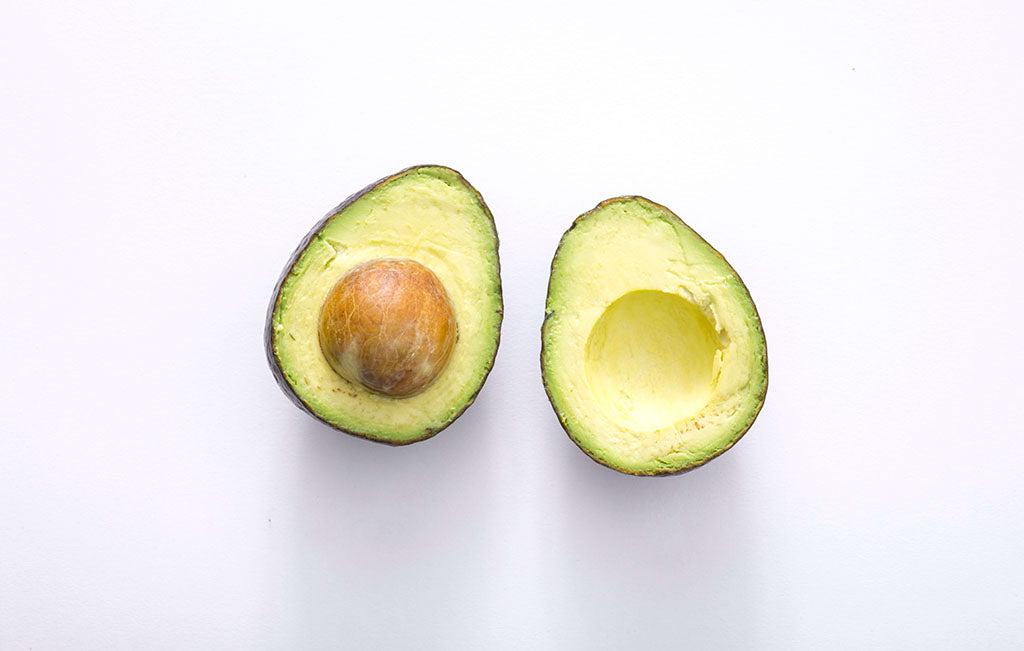“Can you give dogs avocado?” In this blog, we’ll learn if avocado fruits are safe, good, or bad for dogs and whether dogs can have avocado oil or not…
Can A Dog Eat Avocado?

Can My Dog Eat Avocado?
The answer as to whether dogs can eat avocado is a complicated one; it’s yes and no. That’s because of the Persin present in avocados.
Persin is a fungicidal toxin that can prove fatal in many animals. Although dogs are typically more resistant to it, there is still a risk.
In avocados, Persin is present in the plant, leaves, skin, and pit. It also appears – but minorly – in the flesh of the fruit. It’s not certain how much Persin is toxic to dogs. If ingested in large quantities, it almost certainly will lead to digestive distress (diarrhea and vomiting) and can lead to myocardial damage too.
Avocado flesh is also quite high in fat (albeit “good” fat) which could also lead to gastrointestinal upset, weight gain, and even Pancreatitis.

Allowing your dog to eat small bits of ripe avocado flesh, minus the skin and pit (the same way a human would typically eat an avocado), shouldn’t cause too much of an issue as the risk of Persin poisoning from this part of the fruit is incredibly low. Avocados can make a great source of nutrients, namely vitamins B6, C, E, and A, niacin, potassium, folate, and antioxidants. They are also high in fiber and essential fatty acids.
Overall though, you may decide it’s best to avoid avocado completely when it comes to treating your furry friend and focus on serving them certified safe foods that are also nutrient-dense, like blueberries, green beans, and carrots.
Can Dogs Have Avocado Oil?
Avocado oil shouldn’t contain any persin, and therefore can usually be served with confidence to a dog in moderated quantities. No type of oil should be given to a dog in excess though, and this is because of their higher fat content.
If you have any concerns about the dietary needs of your dog, contact your vet.
Sources
Author Burke, Anna “Can Dogs Eat Avocado?” American Kennel Club, Aug 17. 2022 https://www.akc.org/expert-advice/nutrition/can-dogs-eat-avocado
Author Keller, Laurel “Can Dogs Eat Avocado? No, But The Reason May Surprise You!” Prrs & Wags by Pumpkin https://www.pumpkin.care/blog/can-dogs-eat-avocado/
Author Clark, Mike “Can Dogs Eat Avocados? Are Avocados Safe For Dogs?” Dog Time https://dogtime.com/dog-health/dog-food-dog-nutrition/59343-can-dogs-eat-avocados
 S
S



